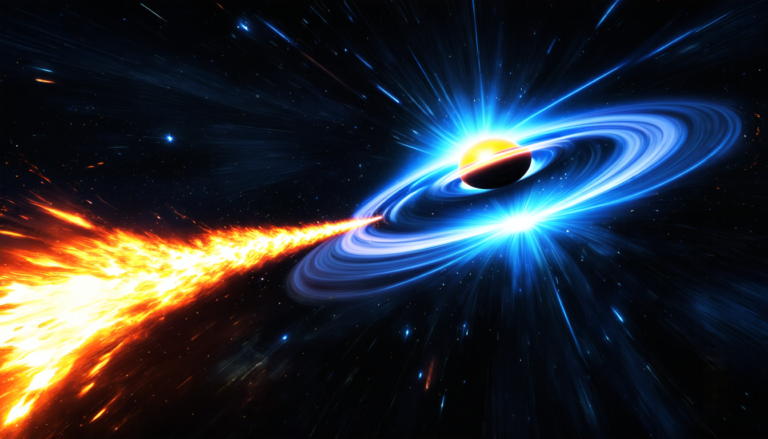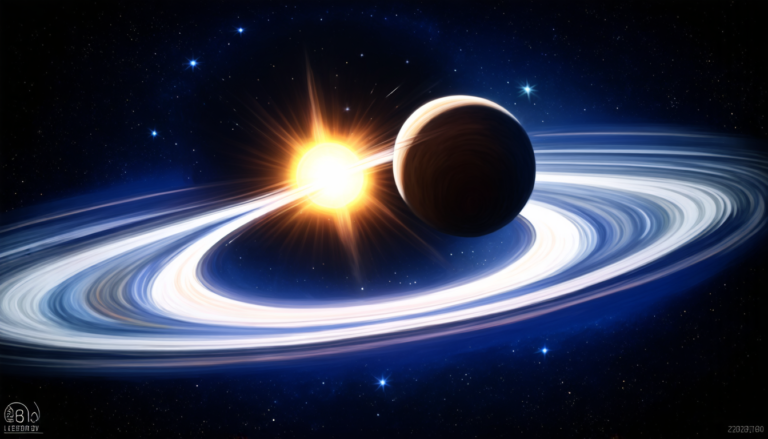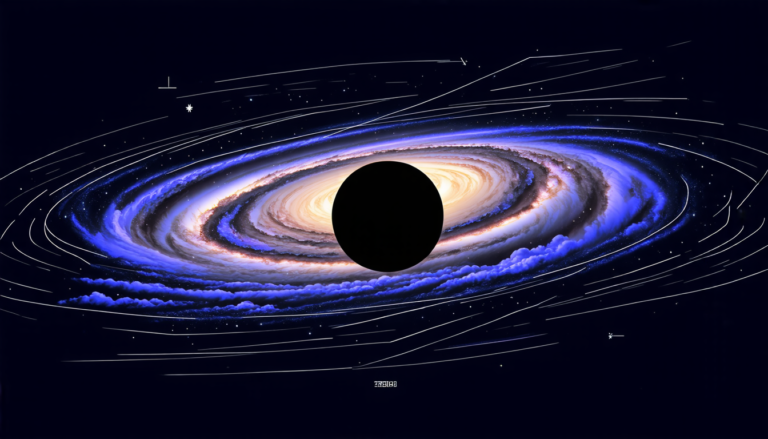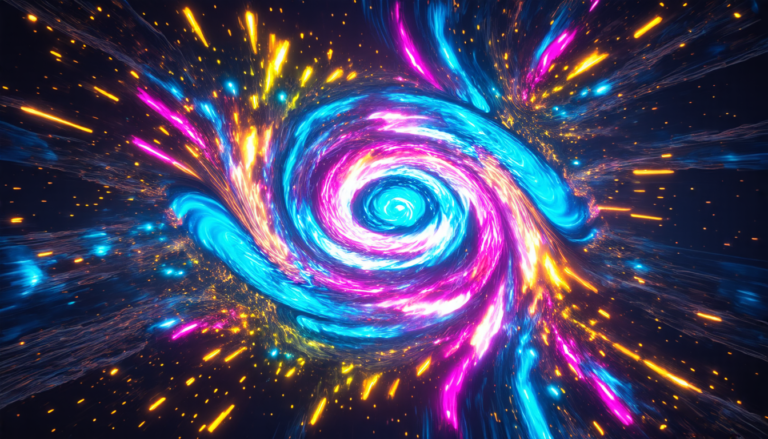Sunday 23 March 2025
A subtle force is at work in our universe, influencing the motion of particles and altering the fabric of space-time itself. It’s a phenomenon that has gone largely unnoticed until now, but its effects are real and could have significant implications for our understanding of the cosmos.
The discovery was made by researchers who were studying the behavior of particles as they move through a medium, such as air or water. They found that these particles experience a subtle resistance, known as gravitational friction, which slows them down and alters their path over time.
This force is not to be confused with the more familiar concept of friction, which arises from the interaction between two surfaces in contact. Instead, it’s a consequence of the way that gravity warps space-time, causing particles to follow curved paths as they move through the universe.
The researchers used a combination of theoretical models and experimental data to study this phenomenon. They found that the strength of the gravitational friction force depends on the density of the medium and the speed at which the particle is moving. At low speeds, the force is negligible, but as particles approach relativistic speeds, it becomes significant.
One of the most fascinating implications of this discovery is its potential impact on our understanding of black holes. According to Einstein’s theory of general relativity, matter that gets too close to a black hole will be pulled in by an intense gravitational force. However, if gravitational friction is taken into account, it’s possible that some particles could escape the event horizon and avoid being consumed by the black hole.
The researchers also found that gravitational friction could play a role in the behavior of high-energy particles, such as those produced in particle accelerators. These particles are often accelerated to nearly the speed of light, where they begin to interact with the surrounding medium in complex ways. By taking into account the effects of gravitational friction, scientists may be able to better understand these interactions and improve their ability to predict the behavior of high-energy particles.
In addition to its implications for particle physics and cosmology, this discovery also has important consequences for our understanding of the fundamental laws of physics. The force of gravitational friction is a manifestation of the curvature of space-time, which is a key feature of general relativity. By studying this phenomenon in detail, scientists may be able to gain new insights into the nature of gravity and the behavior of particles at high energies.
Overall, the discovery of gravitational friction is a significant breakthrough that has the potential to revolutionize our understanding of the universe.
Cite this article: “Gravitational Friction: A New Force in the Universe”, The Science Archive, 2025.
Gravity, Friction, Space-Time, Particles, Motion, Cosmos, Black Holes, General Relativity, Particle Accelerators, High-Energy Physics
Reference: C. Ortiz, R. S. Khatiwada, “Gravitational friction from d’Alembert’s principle” (2025).







